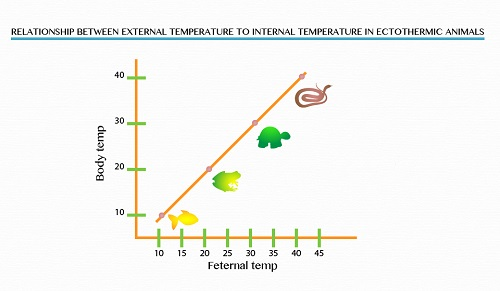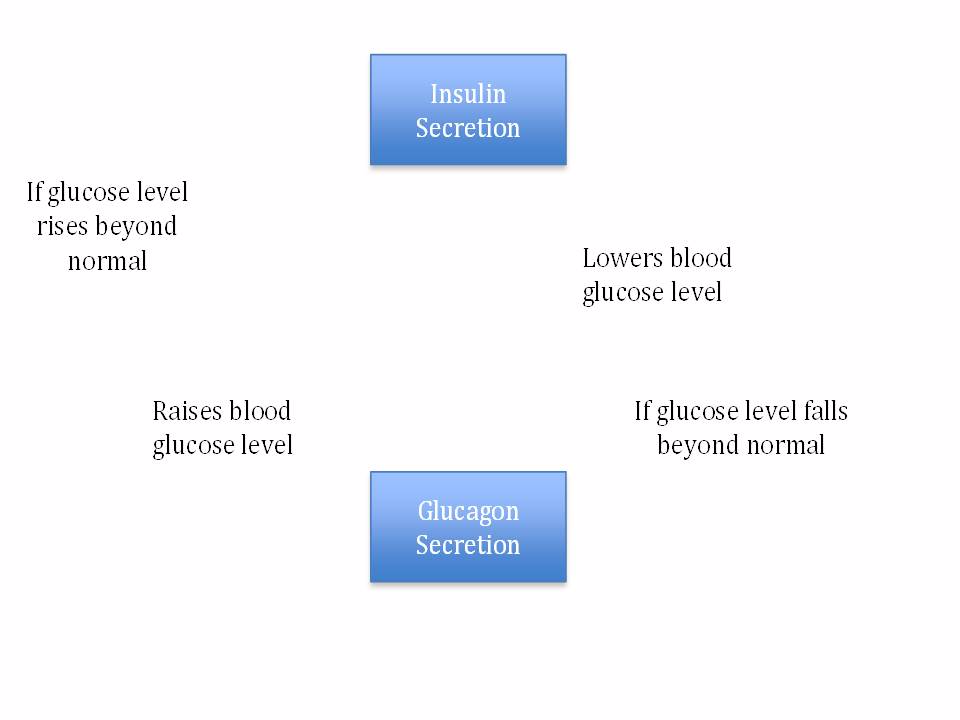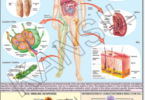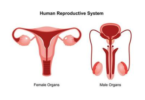TOPIC 5: REGULATION ~ BIOLOGY FORM 3
REGULATION
Concept of Regulation
The Concept of Regulation
Explain the concept of regulation
Living organisms are subjected to wide variations in temperature, light, acidity, salinity, wind speeds, availability of water minerals and nutrients. These environmental factors create a shifting external setting to which organisms must adjust or die.
The central problem for a living thing is to maintain a steady state internally in the force of an often harsh and fluctuating external environment.
Homeostasis is the maintaining of a constant condition of the internal environment of the body by regulatory process. OR It is the maintenance of constant internal balance despite fluctuation in the external environment.
Regulation is the process of controlling the internal body environment and needs. For the body to function properly things need to be regulated in the body.
Reasons that show importance of regulation
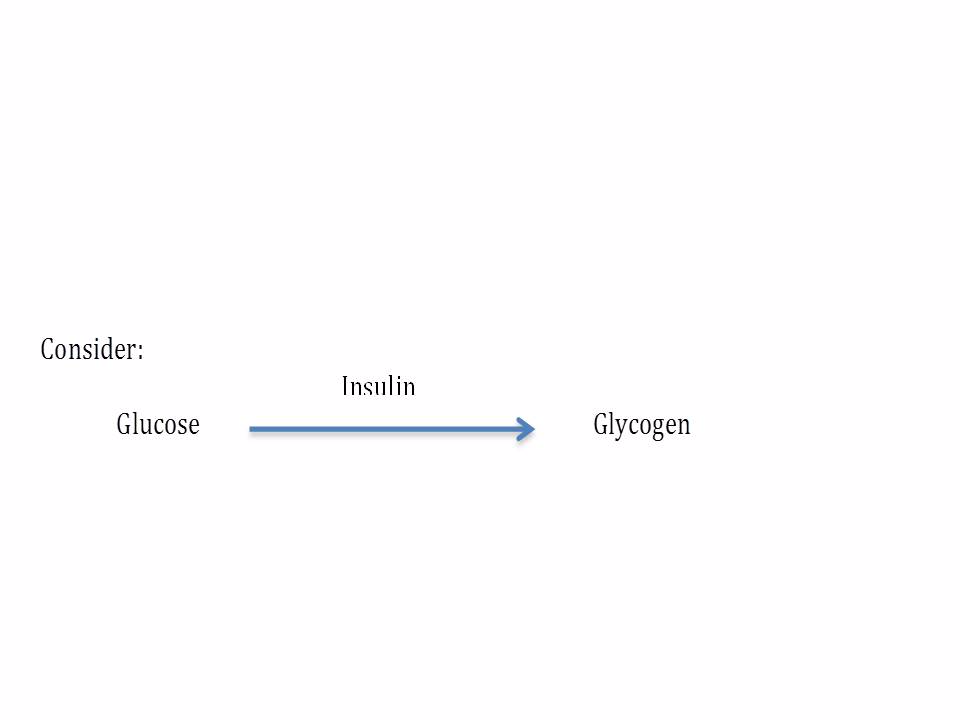
Glycogen is stored for future use in the liver and muscles
Role of Glucagon in Blood Sugar Regulation
Glucagon is secreted in response to a decline in blood sugar level in the blood stream. Glucagon promotes the conversion of Glycogen to glucose and inhibits the oxidation of glucose in the liver.
However if the level of blood glucose is low, glucagon stimulates the conversion of amino acids into glucose. The glucose formed is released into the blood stream.
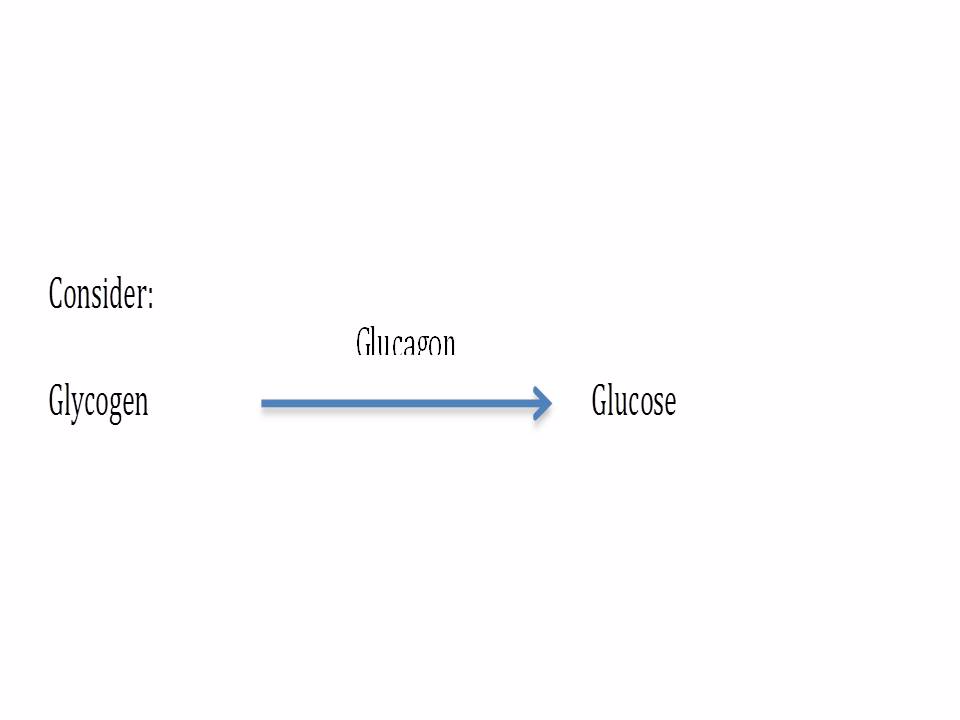
NOTE: Failure of a pancreas to secrete insulin and glucagon results to a disease called Diabetes Mellitus
The Causes, Symptoms, and Effects of High and Low Sugar Levels in the Blood
Outline the causes, symptoms, and effects of high and low sugar levels in the blood
It’s important to treat symptoms of high blood sugar right away to help prevent complications
Causes
- Skip or forget yourinsulinororal glucose-lowering medicine
- Eat too many grams of carbohydrates for the amount ofinsulinyou took, or eat too many carbs in general
- Have an infection
- Are ill
- Are under stress
- Become inactive orexerciseless than usual
- Take part in strenuousphysical activity, especially when your blood sugar levels are high andinsulinlevels are low
Symptoms
- Increased thirst
- Headaches
- Trouble concentrating
- Blurredvision
- Frequent peeing
- Fatigue(weak, tired feeling)
- Weight loss
- Blood sugar more than 180 mg/dL
Effects
- Vaginal andskininfections
- Slow-healing cuts and sores
- Worsevision
- Nerve damagecausing painful cold or insensitive feet, loss ofhairon the lower extremities, orerectile dysfunction
- Stomachand intestinal problems such aschronic constipationordiarrhea
- Damage to youreyes, blood vessels, orkidneys
Low Blood Sugar
Symptoms
- blurry vision
- rapid heartbeat
- sudden mood changes
- sudden nervousness
- unexplained fatigue
- pale skin
- headache
- hunger
- shaking
- sweating
- difficulty sleeping
- skin tingling
- trouble thinking clearly or concentrating
- loss of consciousness
If you have hypoglycemic unawareness, a condition in which you do not know your blood sugar level is dropping, your blood sugar can drop so quickly you may not even have warning symptoms. When this occurs, you can faint, experience a seizure, or even go into a coma.
Very low blood sugar is a medical emergency. If you know that someone is diabetic and he or she is experiencing these symptoms, help him or her to eat 15 grams of quickly digesting carbohydrate, such as:
- a half cup of juice or regular soda
- 1 tablespoon of honey
- 4 or 5 saltine crackers
- 3 or 4 pieces of hard candy or glucose tablets
- 1 tablespoon of sugar
Causes
Low blood sugar can occur for a number of reasons. It is usually a side effect of diabetes treatment.
Diabetes and Low Blood Sugar: Diabetes affects your body’s ability to use insulin. Think of insulin as the key that unlocks your cells, letting glucose in for energy. People with diabetes use a variety of treatments to help their bodies use the glucose in their blood. One very important treatment is insulin injections.
If you inject too much insulin, your blood sugar may drop too low. People also sometimes inject insulin when planning to eat a big meal, but then they do not eat enough.
Excess physical activity without eating enough can also cause a drop in blood sugar levels.
Other Causes of Low Blood Sugar
You don’t have to have diabetes to experience low blood sugar. Some other causes of low blood sugar include:
- certain medications, such as quinine
- drinking too much alcohol
- some medical conditions, such as hepatitis or kidney disorders
- a tumor that produces excess insulin
- endocrine disorders, such as adrenal gland deficiency
Effects
Mildly low blood sugar levels are somewhat common for people with diabetes; however, severely low blood sugar levels can be life-threatening. They may lead to seizures and nervous system damage. Immediate treatment is critical.
It is important to learn to recognize your symptoms and treat them fast. For people at risk of low blood sugar, having a glucagon kit, a medication that raises blood sugar levels, is important. Talk to your healthcare provider for more information.


